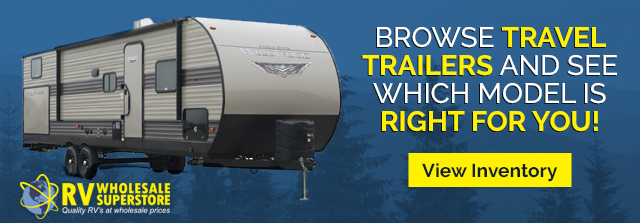Venturing into new territory can be overwhelming. For new RV owners, the allure of freedom and relaxing road trips can cause you to drive your new RV off the lot and straight towards a campsite. Wait just a second! Before you begin your exciting new RV lifestyle, read about common RV mistakes and how you can avoid them!




